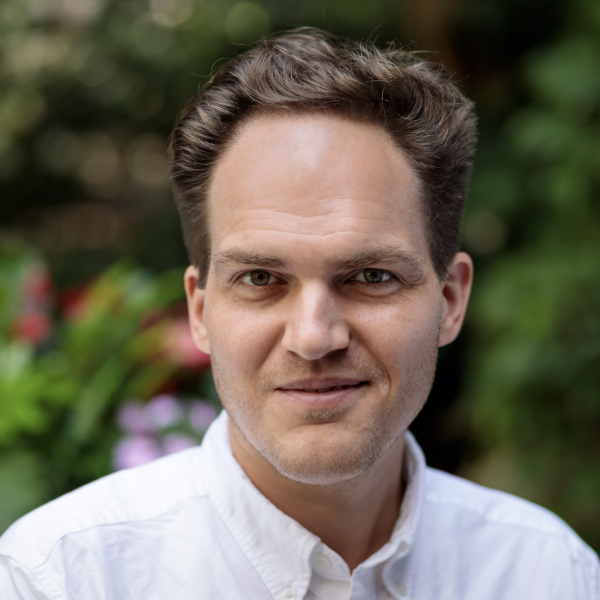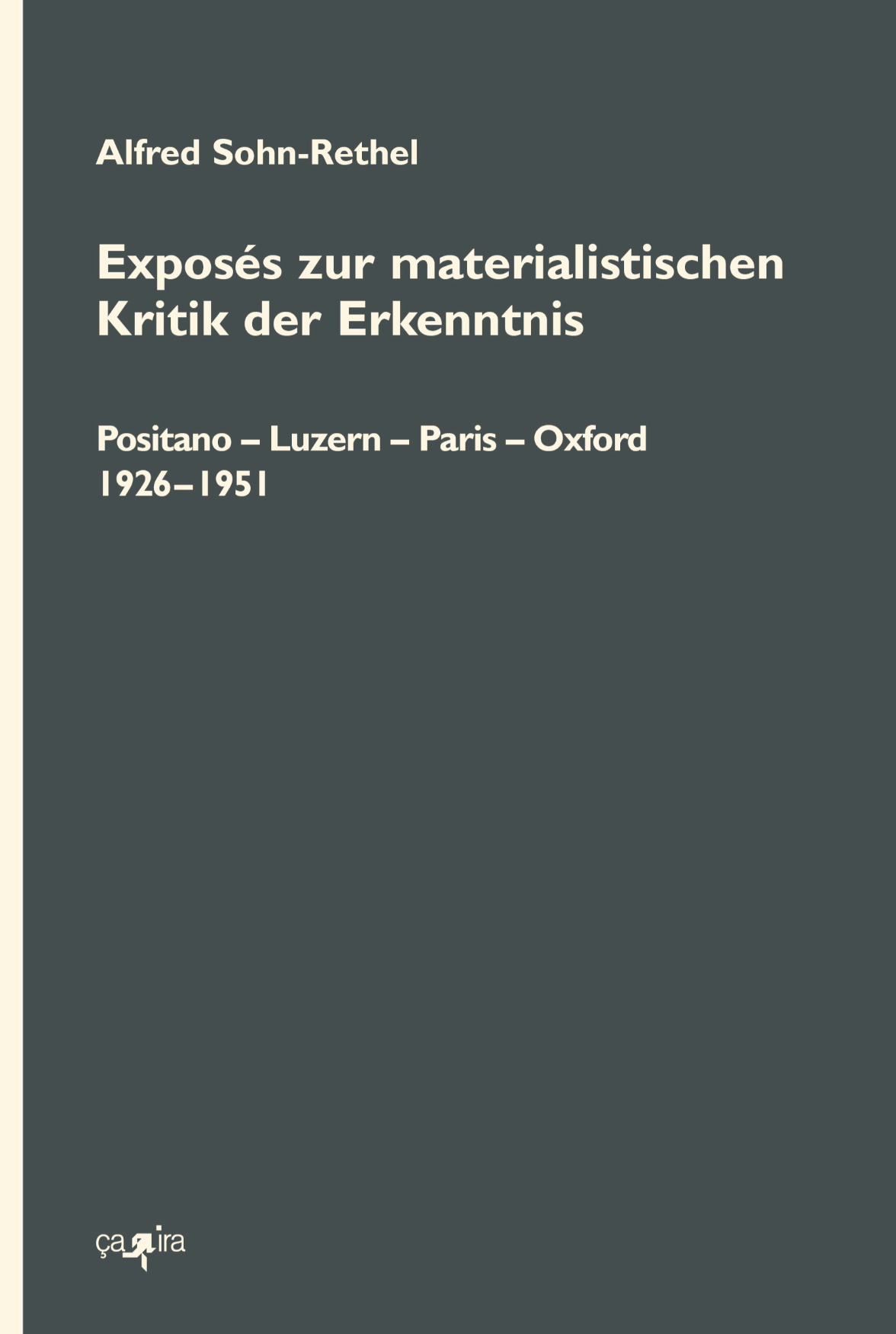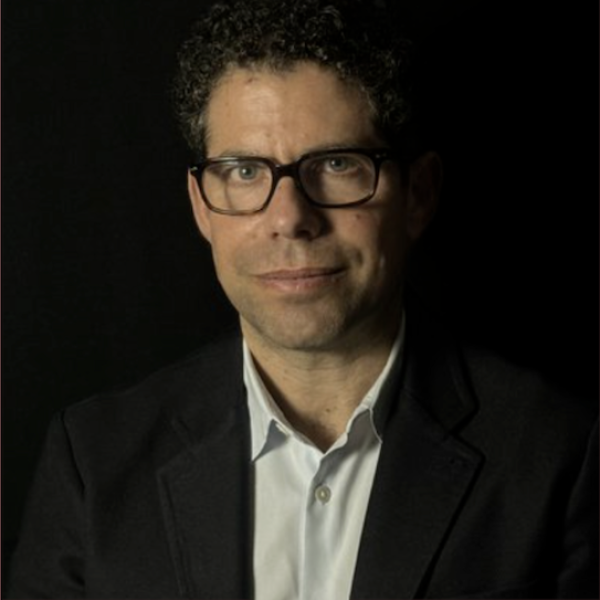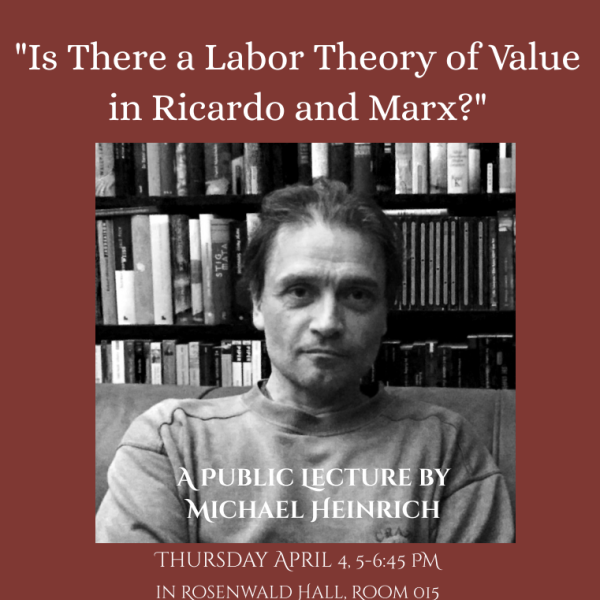
Daniel Burnfin is a philosopher and historian of social and political-economic thought. He received his PhD in Germanic Studies and Philosophy from the University of Chicago in 2022. With a background in the history of modern German philosophy, his work engages with class theory, classical political economy, Marxian and post-Keynesian theory, and the work of Alfred Sohn-Rethel. Some further interests of his include the history and philosophy of science, economic history, and political realism.
His current research projects include a manuscript on the topic involuntary unemployment in Hegel’s Philosophy of Right (i.e., the “rabble”), classical political economy, and Marx’s Capital. It argues that, of the three, only the last can provide an adequate explanation of involuntary unemployment, due to Marx’s novel concepts of value and capital. A secondary project concerns the concepts of the so-called Professional-Managerial Class, coined by Barbara and John Ehrenreich, and “unproductive labor” in classical and Marxian political economy. Daniel is also involved in translating and editing volumes of the work of Alfred Sohn-Rethel.
Recent Courses:
GRMN 26425/GRMN 36425 Reading Marx’s Capital: A Critique of Political Economy
(PHIL 26425/36425) 2024-2025 Autumn
Karl Marx’s account of “those societies in which the capitalist mode of production prevails” remains one of the most influential yet contentious theories ever committed to paper. Often invoked in times of turmoil, his name has come to mean different things to different people. Yet it is not always clear in fact just what his theory is, doubtless in part because his writings are quite challenging to read. In this course, students will engage fundamentally with Marx’s writings to gain a clear idea of his theory for themselves. We will do so by reading volume 1 of Marx’s Capital as well as selections from volumes 2 and 3 and Theories of Surplus Value. We will approach Marx own his own terms, considering context and comparison with other highlights from the history of political economy only where they are relevant. Topics which we will address include Marx’s view of “alienation”, “commodity fetishism”, and “class struggle”, but also labor, employment, money, capital, profit, and crisis.
PHIL 21426 Marx’s Theory of Class
(GRMN 23425, PLSC 21426) 2023-2024 Spring
The topic of this course is Karl Marx's theory of socio-economic class. Its purpose is to gain insight into Marx's claim that understanding classes helps us understand politics. Though it is one of the topics for which his name is most remembered, his view of class is often misrepresented. For instance, it is often said that, for Marx, capitalist society consists of only two classes—the so-called proletariat (workers) and the bourgeoisie (capitalists). Like classical economists before him and heterodox economists after him, however, Marx believes that modern societies consist of at least three classes: workers, capitalists, and landlords or rentiers, as well as other marginalized groups. And he even disaggregates those classes into the smaller groups which constitute them (e.g., productive and unproductive labor; industrial, commercial, and financial capital, etc.). By examining selections from his mature political-economic writings, we will reconstruct Marx's theory of social classes and consider his application of that theory in some of his significant case studies, such as the American Civil War, as well as later developments of his theory by some influential successors. Themes which we will address include the relation between economy and politics, class, race, and gender, and agency and structure in historical development. We will also try to evaluate the advantages and disadvantages of Marx's view with an eye to contemporary questions.
PHIL 25823/35823 Fascism
(GRMN 25823/GRMN 35823, HIST 22508/HIST 32508) 2023-2024 Autumn
Developments in recent years have clearly shown a resurgent interest in “fascism”. While it designates a phenomenon which might concern everyone, it is also a term used more often in the manner of an insult than a precisely defined concept. One might even say it is what W.B. Gallie once called an essentially contested concept—not because many claim it for themselves today, but on the contrary, because virtually everyone denounces it in their own specific way. In this course, students will consider what “fascism” means by engaging with several influential explanations of it. We will read and discuss more contemporary philosophical views (Stanley, Eco), historical perspectives and documents (Paxton), but also classic perspectives from political theory (Arendt), philosophy (Burnham), and critical theory (Horkheimer, Adorno, Pollock), as well as political economy (Neumann, Sohn-Rethel, Gerschenkron, Fraenkel, Kalecki). With an eye to its historical and contemporary applications, our purpose throughout will be to reconstruct the arguments which we will consider in order to develop a rigorous concept of “fascism”.
PHIL 21413 Political Realism
2022-2023 Spring
In this course, we will discuss works that belong to the tradition of so-called political realism. Many great works of political philosophy begin by asking questions such as: what is justice? What is just action? Or how should society ideally be arranged so that it is just? Political realists proceed very differently. As Raymond Geuss puts it, they are “concerned in the first instance… with the way the social, economic, political, etc. institutions actually operate in some society at some given time, and what really does move human beings to act in given circumstances.” Some themes which we will address in this course include the roles of power, instrumental reasoning, and ethical commitments in politics. And some questions which we will ask along the way concern the motivation, coherence, tenability, and desirability of a realist approach. Readings will include selections from a broad range of historical periods and political perspectives, including Thucydides, Machiavelli, Hobbes, von Clausewitz, Weber, Schmitt, Lenin, and Geuss.
GRMN 23123 What Is Capitalism?
2022-2023 Winter
The German sociologist Max Weber once described capitalism as “the most fateful force in our modern life.” And roughly a century later, historians such as Jürgen Kocka concur. But what is this veritable specter haunting modernity? The purpose of this course is to enable students to formulate a well-rounded answer to that complicated question. The class will study different theoretical and aesthetic perspectives taken from the period spanning roughly from the late 19th century to the end of so-called state-socialism. We will examine historical objects such as the speeches of Bismarck and Adenauer as well as contemporary news media; literary works by Franz Kafka and Heike Geissler; films by Fritz Lang and Rainer Werner Fassbinder; and theoretical writings by political economists such as Karl Marx, Friedrich Hayek, Ludwig Erhard, Joseph Schumpeter, and John Maynard Keynes. This course will be held in German. No background in economics is necessary to participate.



